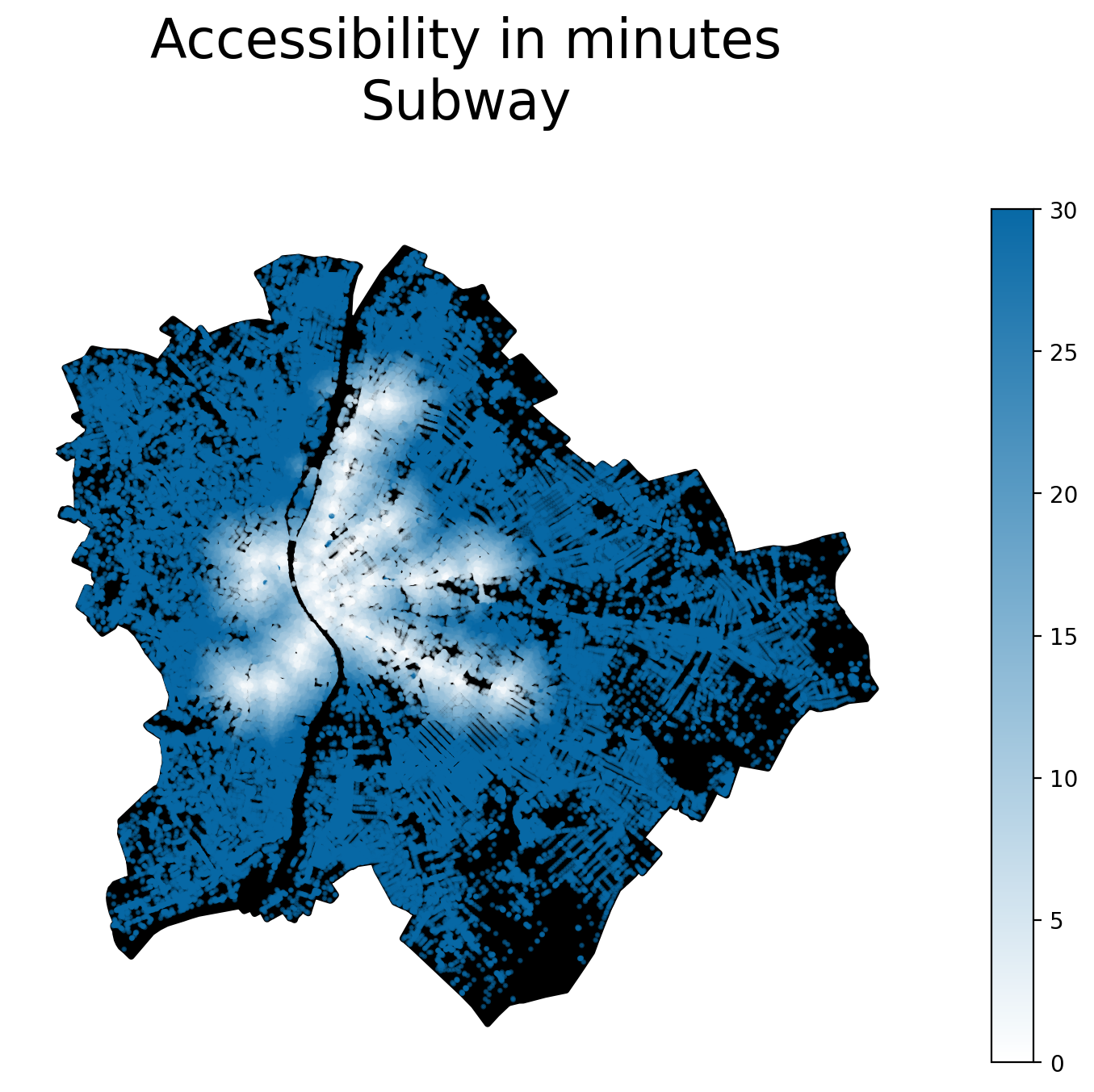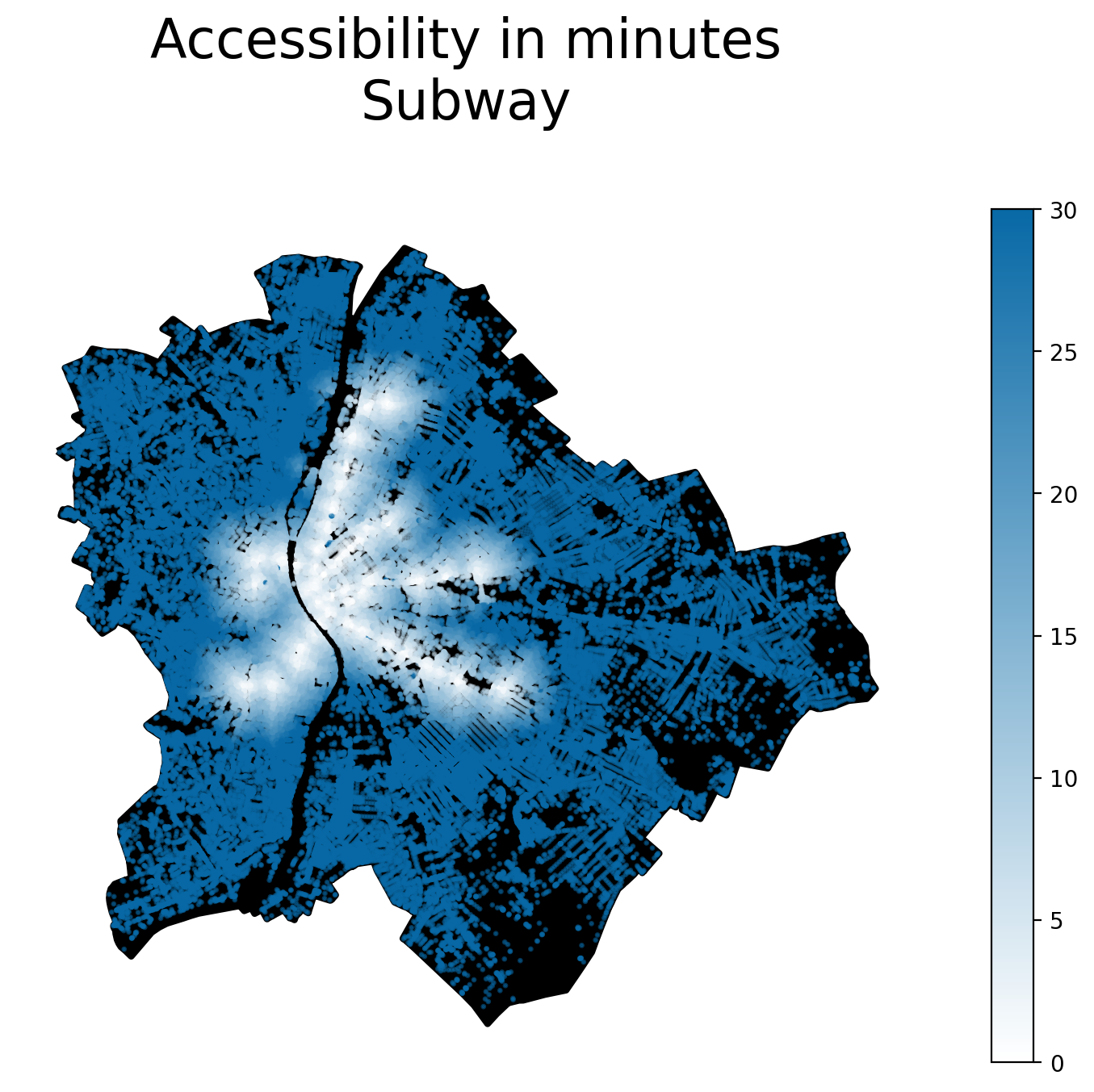Go Here to Read this Fast! How to connect Bluetooth headphones to PC
Originally appeared here:
How to connect Bluetooth headphones to PC
Go Here to Read this Fast! How to connect Bluetooth headphones to PC
Originally appeared here:
How to connect Bluetooth headphones to PC
Eken Group has reportedly issued a firmware update to resolve major security issues with its cheap doorbell cameras that were uncovered by a Consumer Reports investigation earlier this year. The cameras in question pair with the Aiwit app and are sold under a slew of brand names, including Eken, Tuck, Fishbot, Rakeblue, Andoe, Gemee and Luckwolf. During its tests, the watchdog found that the unencrypted cameras could expose sensitive information like home IP addresses and Wi-Fi networks, and allow outside parties to access images from a camera’s feed using its serial number. Now, Consumer Reports says the issues have been fixed — just make sure you update your devices.
Devices from those brands should now reflect a firmware version of 2.4.1 or higher, which would indicate they’ve received the update. Consumer Reports says its own samples got the update automatically, but it can’t hurt to double check in your settings considering the risks (that is, if you haven’t tossed the cameras out already). The publication says it’s confirmed that the update fixes the security problems. Eken also told Consumer Reports that the two doorbell cams it had rated with the “Don’t Buy” label — the Eken Smart Video Doorbell and Tuck Sharkpop Doorbell Camera — have been discontinued.
These doorbell cameras, which were sold on popular ecommerce platforms including Amazon, Walmart and Temu but since appear to have been pulled, also lacked the proper labeling required by the FCC. The company told Consumer Reports it will add these IDs to new products moving forward. Following its tests of the update, Consumer Reports has removed the warning labels from its scorecards.
This article originally appeared on Engadget at https://www.engadget.com/budget-doorbell-camera-manufacturer-fixes-security-issue-that-left-users-vulnerable-to-spying-210705131.html?src=rss
Originally appeared here:
Budget doorbell camera manufacturer fixes security issues that left users vulnerable to spying
In this post, we’ll speak about 5 famous project management frameworks that you can use in the context of Data Science and ML.
Originally appeared here:
5 Project Management Frameworks you can use in the context of Machine Learning


In this piece, I explore the availability of public transport by using GTFS data and Python-based spatial analytics libraries.
Originally appeared here:
Public Transport Accessibility in Python
Go Here to Read this Fast! Public Transport Accessibility in Python
Go Here to Read this Fast! Buy Microsoft Visual Studio Pro for $45
Originally appeared here:
Buy Microsoft Visual Studio Pro for $45
Go Here to Read this Fast! How to change where screenshots are saved on a Mac
Originally appeared here:
How to change where screenshots are saved on a Mac
Go Here to Read this Fast! The best Android tablets in 2024: the 11 best ones you can buy
Originally appeared here:
The best Android tablets in 2024: the 11 best ones you can buy
Go Here to Read this Fast! How to change your MAC address on Windows and Mac
Originally appeared here:
How to change your MAC address on Windows and Mac
Google filed a motion on Friday in a Virginia federal court asking for the Department of Justice’s antitrust lawsuit against it to be thrown away. The DOJ sued Google in January 2023, accusing the company of monopolizing digital advertising technologies through “anticompetitive and exclusionary conduct.” Per Bloomberg, Google is now seeking summary judgment to avoid the case going to trial in September as planned.
Attorney General Merrick B. Garland said at the time the lawsuit was first announced that Google “has used anticompetitive, exclusionary, and unlawful conduct to eliminate or severely diminish any threat to its dominance over digital advertising technologies.” The lawsuit alleges that Google controls digital advertising tools to such an extent that it “pockets on average more than 30 percent of the advertising dollars that flow through its digital advertising technology products,” according to a press release from the agency last year.
Google now argues that that the DOJ hasn’t shown that the company controls at least 70 percent of the market, which some previous cases have used as the threshold for qualifying as a monopoly, and that the agency “made up markets specifically for this case,” according to Bloomberg, excluding its major competitors like social media platforms. The company also claims the DOJ’s case goes “beyond the boundaries of antitrust law,” Reuters reports.
This article originally appeared on Engadget at https://www.engadget.com/google-asks-court-to-reject-the-dojs-lawsuit-that-accuses-it-of-monopolizing-ad-tech-183830791.html?src=rss
Originally appeared here:
Google asks court to reject the DOJ’s lawsuit that accuses it of monopolizing ad tech